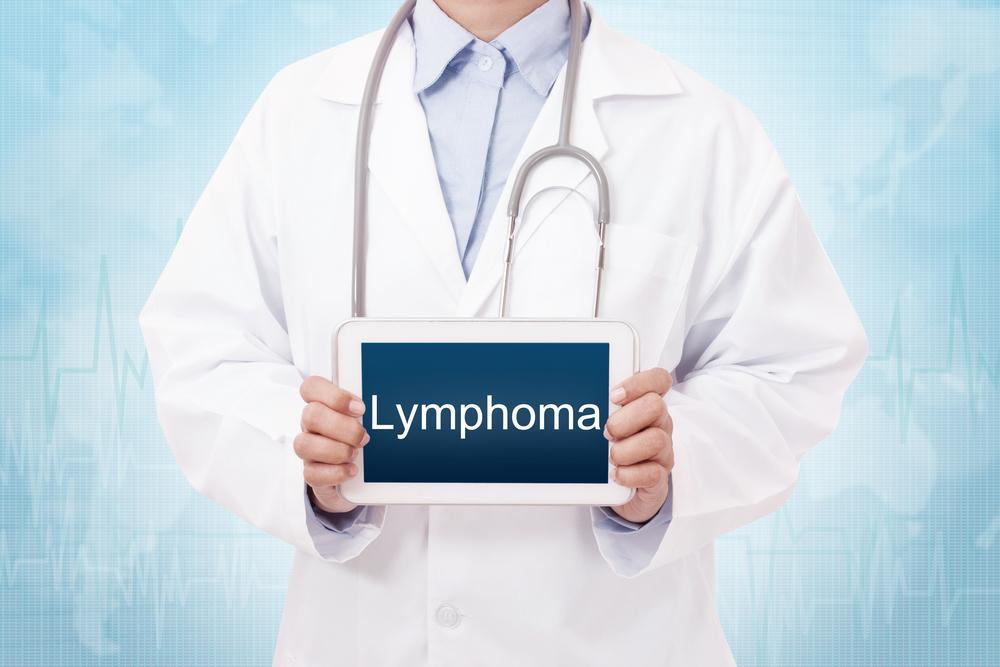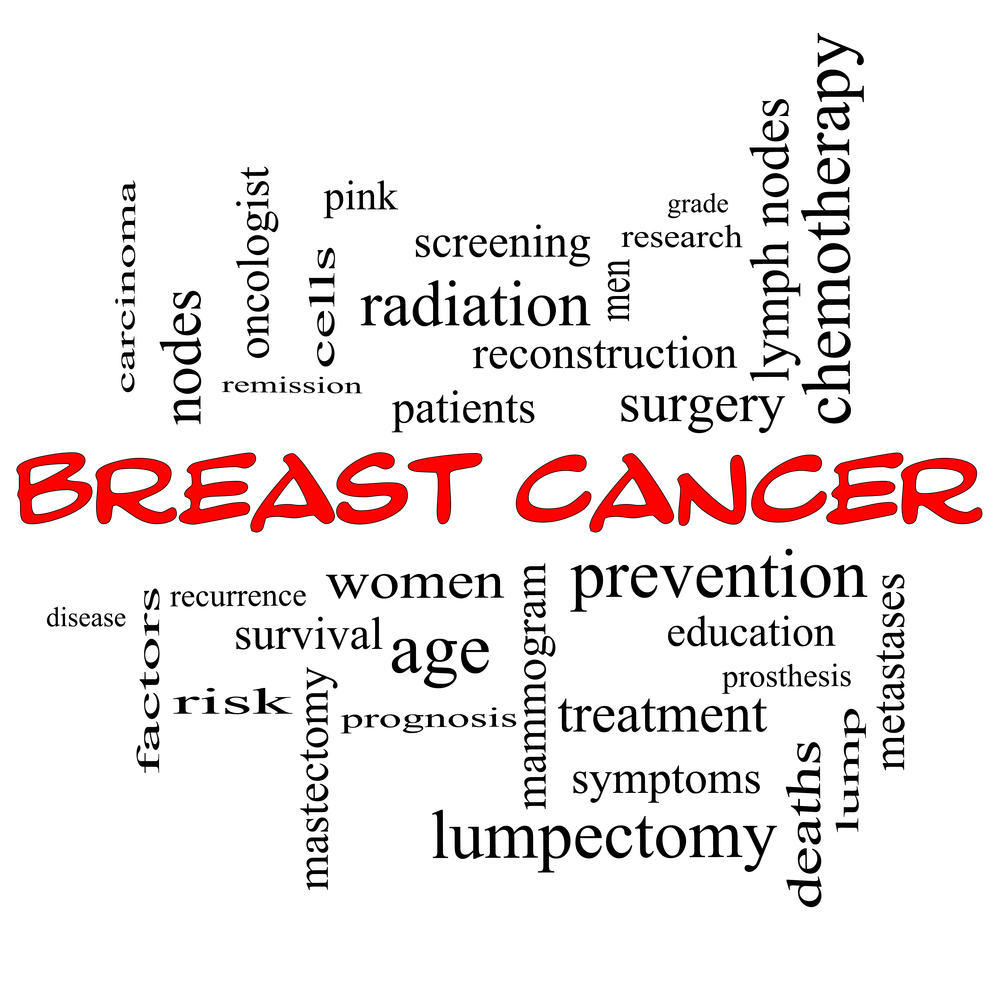Understanding Chemotherapy's Role in Combating Cancer
This article explains the vital role of chemotherapy in cancer management, highlighting drug selection, treatment planning, and safety considerations. It discusses how chemotherapy is combined with other therapies like radiation and surgery to improve patient outcomes. The piece emphasizes personalized treatment, dosage safety, and managing side effects, offering a comprehensive overview suitable for patients and caregivers seeking to understand cancer treatments better.

Understanding Chemotherapy's Role in Combating Cancer
Although commonly linked with cancer treatment, chemotherapy broadly refers to the use of drugs to manage various diseases. When cancer spreads beyond its original site, chemotherapy works systemically to target and destroy malignant cells. It is frequently combined with radiation therapy, which targets localized tumor areas, and surgical procedures to improve outcomes.
The main aims of chemotherapy are to cure, control, or alleviate symptoms, providing palliative care where needed.
Prior to starting treatment, healthcare providers create a tailored plan considering:
Choosing chemotherapy drugs
Selection depends on the cancer type, stage, patient’s age, overall health, and history of previous treatments. Factors like kidney function and existing conditions also influence the decision.
Scheduling chemotherapy
Treatment is administered in cycles—periods of drug exposure followed by recovery intervals. The number of cycles is determined by cancer type and severity.
Dosage considerations
Chemotherapy drugs can cause serious side effects, requiring careful dose calculation based on patient height, weight, age, blood counts, and health status to maximize effectiveness while minimizing risks.
Adjusting treatment
For some patients, side effects may necessitate schedule modifications or supportive medications to enhance recovery and reduce discomfort.










